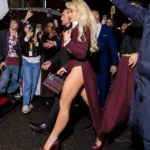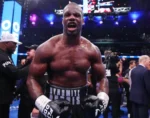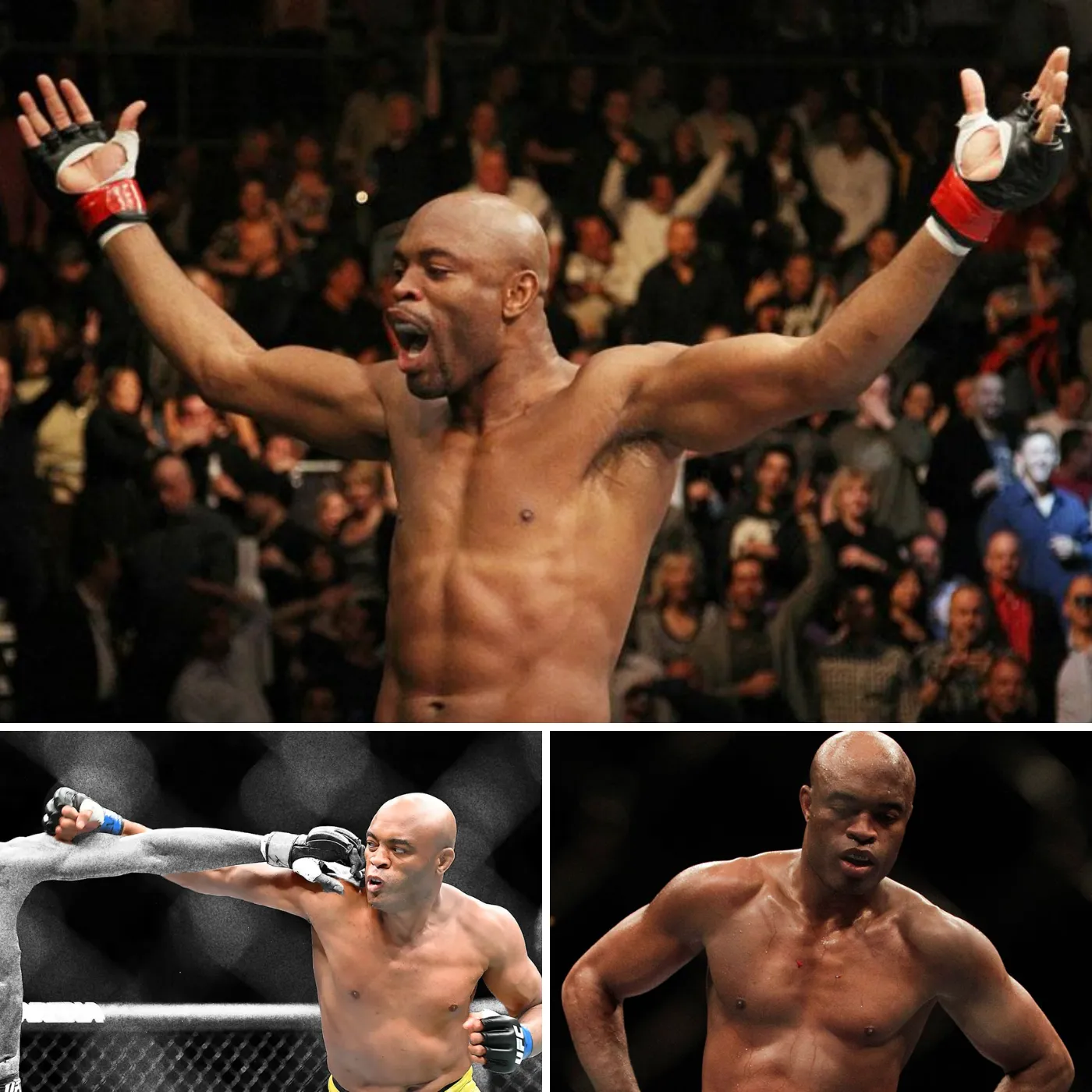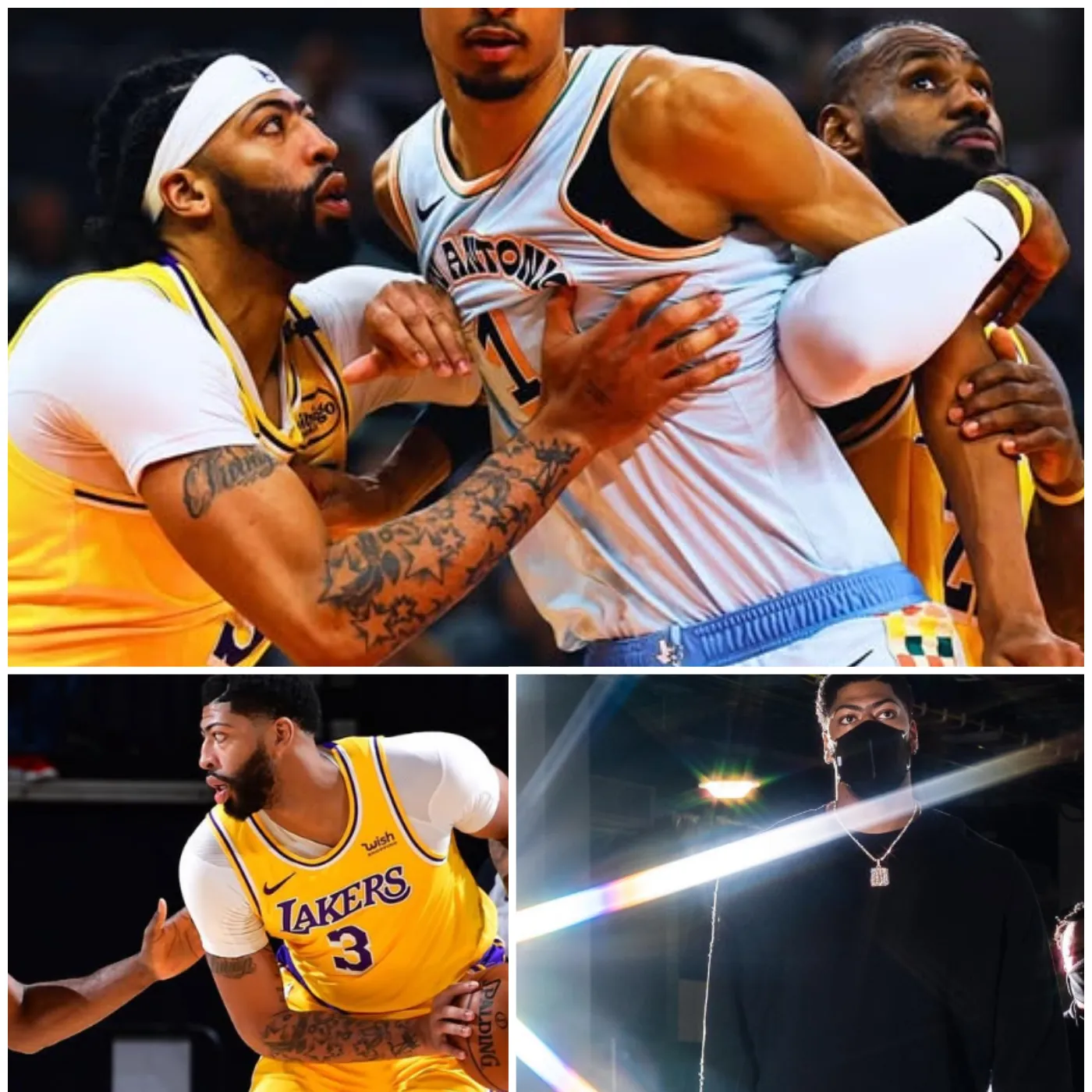
Anderson Silva – The Greatest Fighter, Whose Legacy Is Shaped By Both Glory And Controversy
Few names in combat sports history inspire as much awe and debate as Anderson Silva.…
David Guetta: A Legendary Performance at the Château de Chambord
David Guetta, the French DJ and music producer who has consistently shaped the electronic dance…
Anthony Davis’ Bold Move: That Touch on His Opponent Was a Game-Changer
When Anthony Davis, the towering presence for the Los Angeles Lakers, stepped onto the court,…
Damian Priest Breaks All The Rules — And A Few Chairs — In Backstage Judgment Day Brawl at WWE Survivor Series
WWE Survivor Series 2024 was already loaded with high-stakes matches and jaw-dropping moments, but few…
Bayley Reflects on Damage CTRL’s WarGames Setback: “We’re Not Done Yet!
Bayley, the leader of WWE’s dominant faction, Damage CTRL, has never been one to shy…
Bayley 2025: From Titles to Trailblazing
Bayley, the cornerstone of WWE’s women’s division and a bona fide fan favorite, is gearing…
Fury Admits Defeat, But ‘Luck’ Still Stands Strong Against Usyk!
In the world of boxing, defeat can bring valuable lessons. Tyson Fury, the WBC heavyweight champion,…















